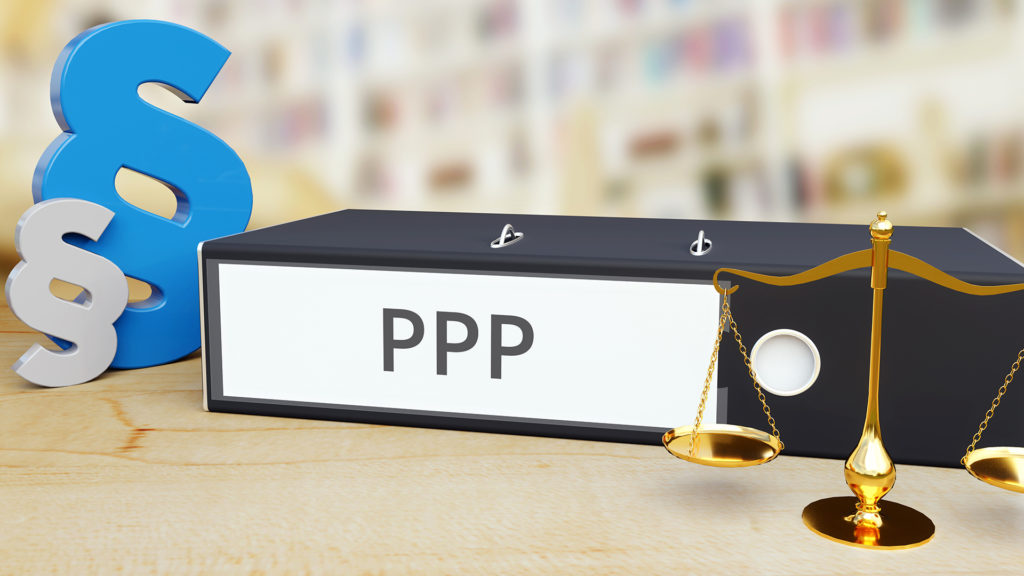The Coronavirus Aid, Relief and Economic Security (CARES) Act outlined the federal government’s initial support in the wake of the coronavirus (COVID-19) and associated economic fallout, providing more robust support to small businesses by way of the Paycheck Protection Program (PPP). Subsequently, the Consolidated Appropriations Act of 2021 (CAA) provided a second tranche of funding to the PPP, expanding eligibility to certain new business types, while shrinking the definition of a small business. The PPP is administered through the Small Business Administration (SBA), and loans are provided and serviced directly by third party, non-governmental lenders.
While the PPP funds received by businesses take the form of a loan, these funds are forgivable provided that businesses comply with the spending of the funds, maintenance of salaries and wages levels, and full-time equivalent levels as outlined in the SBA rules. There are also safe harbors available to businesses that were negatively impacted due to COVID-19, and other compliance related complexities that businesses should be sure to evaluate prior to completing their forgiveness applications. Companies that file for loan forgiveness should be careful to keep all supporting documentation for six years after filing, which represents the period which the SBA has to audit the application.

Withum has issued a number of articles providing guidance on the PPP, and we invite you to catch up on the latest at our COVID-19 Resource Center.
Contact Us
For more information or to discuss your business needs, please connect with a member of our team.




